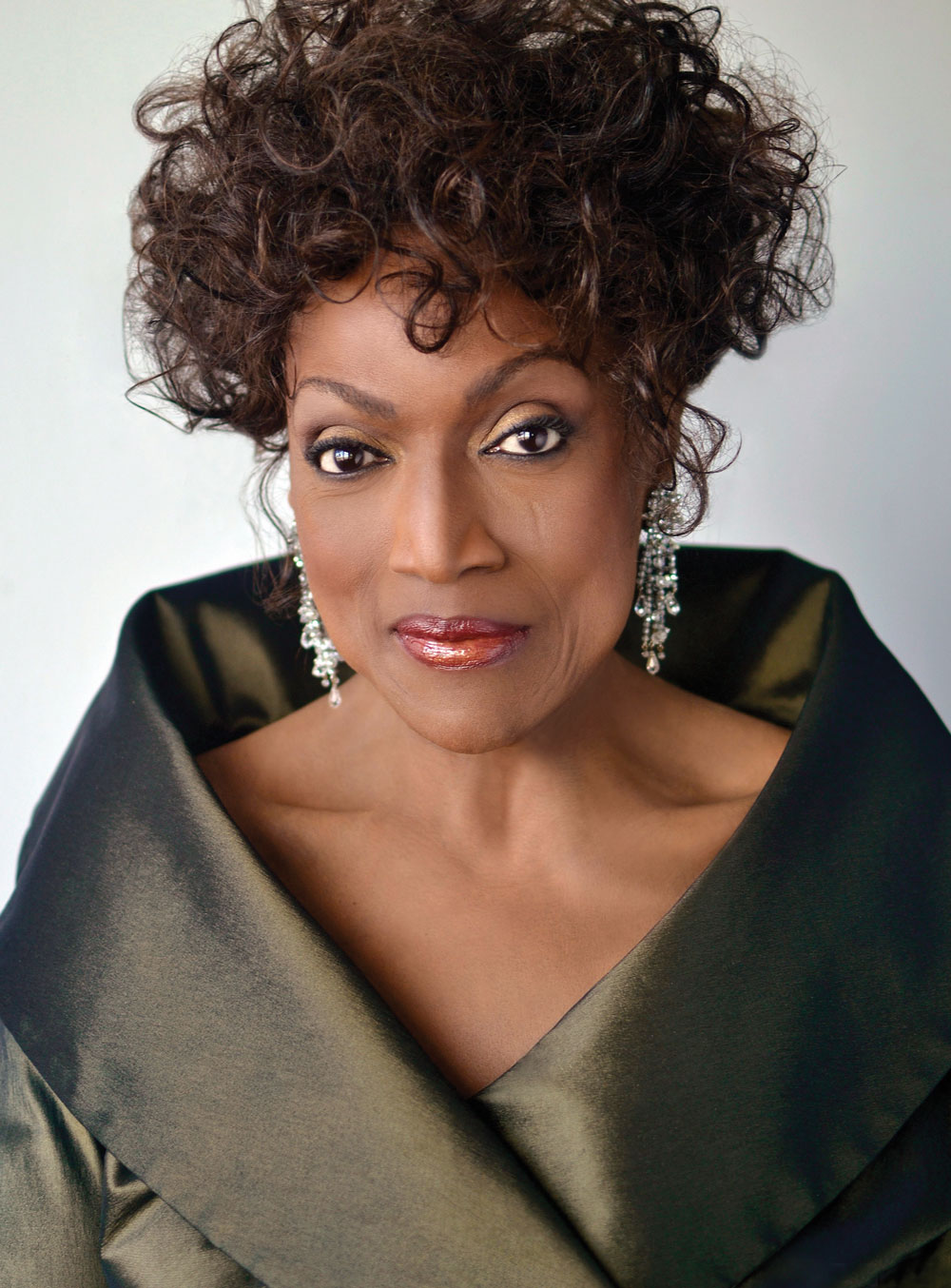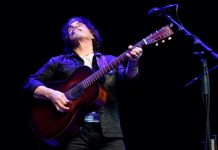
Photograph by Sneak Peek Photography
Onstage Jessye Norman, a renowned soprano and one of the few prominent African Americans in opera, has the regal dignity of a queen and the world-weary gravitas of a civil rights leader. Fitting, then, that on November 18, Norman headlines the gala for the Atlanta Music Festival, an under-the-radar event first held more than a century ago. Designed to heal the city after the 1906 race riots, the festival’s mission is to “advance race relations through the arts.” Norman, 70, will sing an all-American recital, including Duke Ellington, George Gershwin, and her signature spirituals—all delivered in her gloriously rich style.
For decades Norman, who grew up in Augusta during Jim Crow, has also played a second role as a social activist. “I have spoken out my entire career for what is right and what is just,” she says. “I’ve always believed that artists must be full citizens.” As a college student and budding professional, she marched carrying “Out of Vietnam” signs. She recalls that in grade school they played “Dixie” at weekly assemblies. “I’d put my hands over my ears to not have to hear it. I knew from talking at home that the song had nothing good in it for me.” In the 1960s her brother temporarily dropped out of medical school to join John Lewis and Dick Gregory in voter registration drives in Alabama. “My parents didn’t say, ‘Get back to med school.’ They said, ‘Be careful, and call us every night.’”
After a career marked by international acclaim—she has performed at presidential inaugurals and received a prestigious Kennedy Center honor—in 2003 her hometown honored her with the Jessye Norman School of the Arts, a free after-school program for underserved youth in grades five to 12. “They want fierce independence, but they also need a lot of hugs and emotional support.” (Norman herself helped fund the school’s launch and visits regularly.)
“From the earliest ages, it’s important to not confuse spiritual growth as a human with the growth of the work we do, as a teacher or postman or an opera singer,” she says. “If you’re paying attention to the world around you, if you’re participating in life and politics, it makes you a fuller person and a fuller artist.”
This article originally appeared in our November 2016 issue.









![The North Carolina Museum of Natural Sciences’ newest exhibit is a [pre]historic first](https://cdn2.atlantamagazine.com/wp-content/uploads/sites/4/2024/04/DD-3-100x70.jpg)



